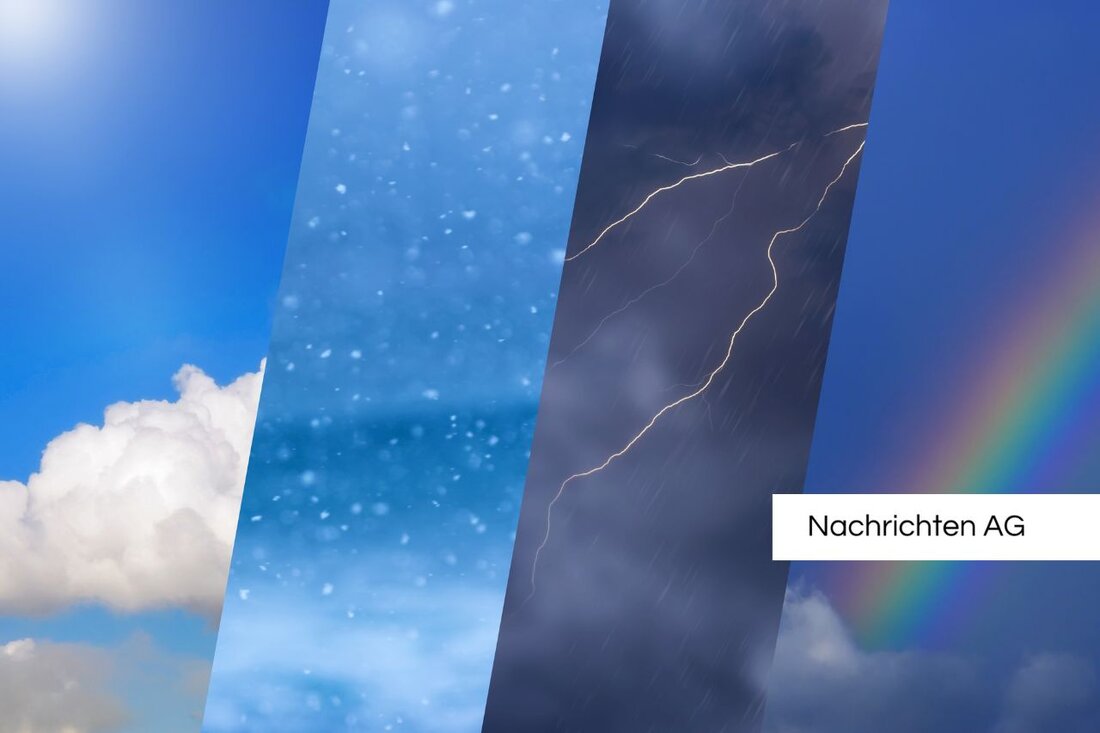Gräser pollen alarm: Allergy sufferers in Berlin suffer from record pollution!
Allergy sufferers in Berlin suffer from a high grass pollen in 2025, while climate change extends the pollen season.

Gräser pollen alarm: Allergy sufferers in Berlin suffer from record pollution!
Allergy sufferers in Berlin and Brandenburg are currently exposed to a high load on grass pollen. As rbb24 , the situation is particularly problematic, since over 100 grass pollen per cubic meter air is currently measured. This is related to a change in the weather at the end of May, which favored pollen development. Several types of grass at the same time contribute to the high pollen pollution, while the wind distributes the pollen far over the city area.
in Berlin, where there are more flowering grass areas than ever - a measure to protect insects that are less frequently mowed - the allergy sufferers are particularly affected. In Brandenburg, the rye fields, which also contribute to pollen pollution, are already faded.
hay fever season and their consequences
The hay fever season has started, and with it around 15 percent of the population in Germany suffer from allergic reactions, which are often triggered by grass pollen. Ruchgrass and meadow lieschgrass in particular are considered frequent causes of hay fever, such as Tagesschau . Rye, which produces up to 7 million pollen grains per stake, is an additional allergy trigger.
Since 2020, an increase in pollen pollution by grasses has been observed. This should also be related to climate change that extends the pollen season and pre -stored the flowering times. Higher temperatures and air pollution also weaken the natural barriers of the skin and mucous membranes, which further favors allergies.
climate change and increasing pollen flight
like Gesund.bund.de , climate change in Germany not only brings with it more frequent extreme weather locations, but also influences plant development. Longer and milder spring lead to previous and extended flowering times, which at a later time also contributes to longer pollen flight times.
The threat from non-domestic plant species such as the mugwort ambrosia, which is on the rise in Germany, reinforces the existing allergy problem. This plant is attributed to a particularly strong allergy triggering and originally comes from North America.
To relieve the allergy symptoms, it is advisable to take medication during the pollen flight season and to ventilate specifically at certain times of the day - in the morning in the city and in the evening in the country. Hyposensitization can help in the long term, with chances of success of around 80%. However, it should begin in the low -low season.
The current allergy situation and the associated challenges require attention and proactive measures, especially with regard to the changing climatic conditions that further increase the allergy risks.

 Suche
Suche
